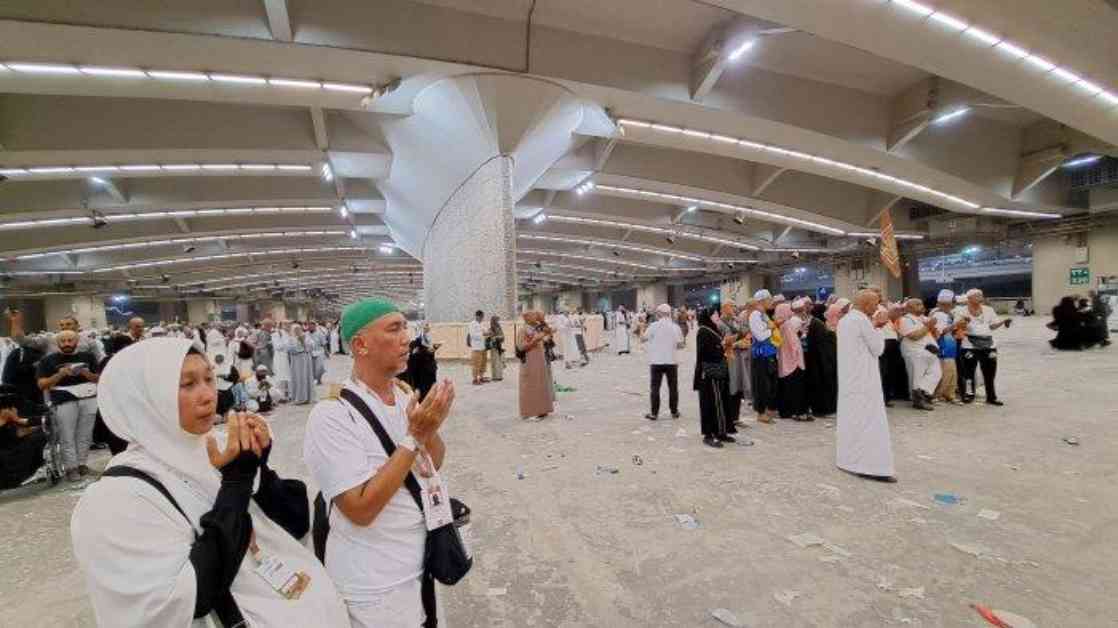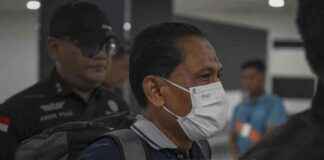Minister of Religion, Nasaruddin Umar, Visits KPK to Ensure Corruption-Free Hajj 2025
In an unprecedented move, Minister of Religion, Nasaruddin Umar, made a visit to the Corruption Eradication Commission (KPK) to seek assistance in overseeing the organization of the 2025 hajj pilgrimage.
The Chairman of the National Hajj Commission (Komnas Haji), Mustolih Siradj, emphasized the importance of involving the KPK to prevent any potential corrupt practices from the beginning to the end of the hajj process. This collaboration aims to ensure that the services provided to the 221,000 pilgrims adhere to the established standards without any deviations.
Urgent Call for KPK Involvement
Mustolih expressed the need for concrete follow-up actions beyond ceremonial meetings between the Minister of Religion, accompanied by the heads of the Hajj Fund Management Agency (BPKH) and the Hajj Organizing Agency (BP Haji), and the Chairman of the KPK. He stressed the necessity for the KPK to establish a team dedicated to supervising three critical phases of the hajj pilgrimage.
Three Key Phases of Supervision
The first phase involves pre-hajj preparations, including the signing of contracts related to insurance, flights, catering, accommodation, transportation, and other procurement contracts both domestically and in Saudi Arabia. The second phase covers the departure of pilgrim groups to Saudi Arabia, ensuring that all agreed-upon financial arrangements are upheld, especially during the peak of the hajj in Armuzna. The third phase focuses on post-hajj activities leading up to the pilgrims’ return to their home country.
Direct Involvement of KPK
Mustolih highlighted the significant role that the KPK can play in the hajj organization process, leveraging the provisions of the 2019 Law on Hajj Administration that allow for internal government oversight and external supervision, which the KPK can provide. This proactive step by Minister Nasaruddin Umar underscores the importance of KPK oversight to safeguard hajj funds from any misuse.
Smooth Transition for Hajj Administration
Furthermore, Mustolih emphasized that this initiative aims to ensure a seamless transition of hajj administration responsibilities from the Ministry of Religion to the Hajj Organizing Agency, minimizing unnecessary disruptions and preempting negative issues, particularly concerning budgets and the appropriate use of authority.
By involving the KPK in this critical process, the authorities are taking a proactive stance to enhance transparency, accountability, and integrity in the organization of the hajj pilgrimage, safeguarding the interests of pilgrims and upholding the sanctity of this sacred journey.














